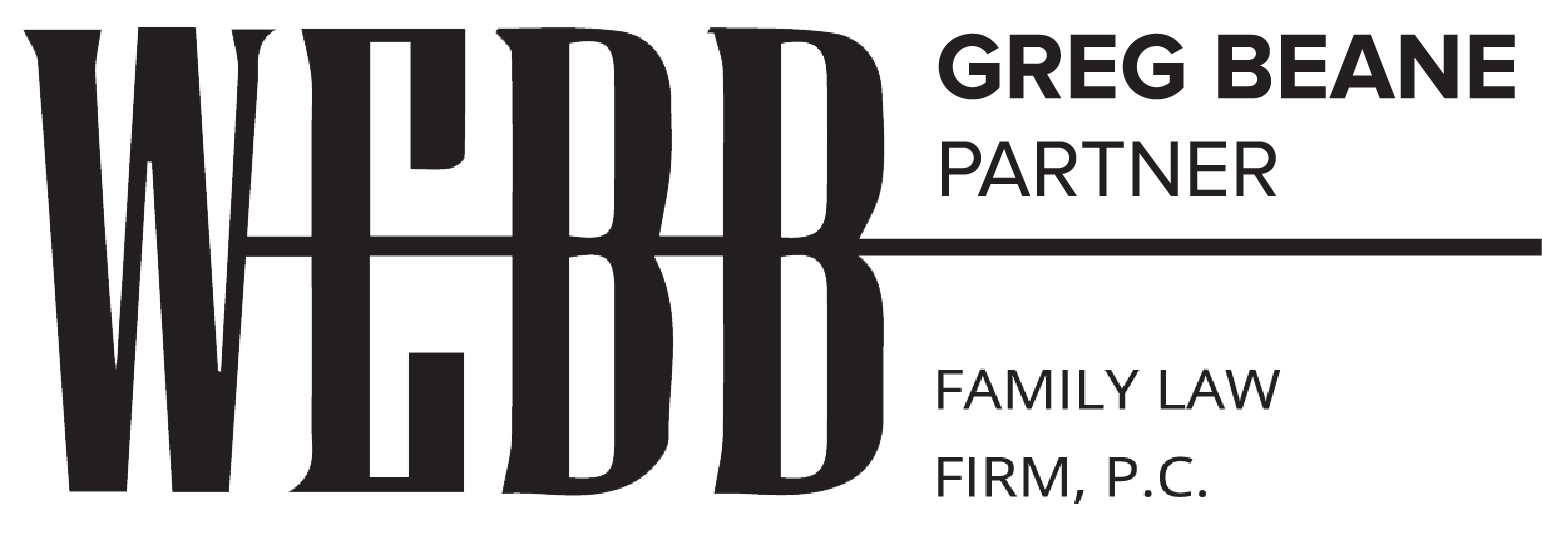How to Value Business Interests in a Divorce
When a divorcing party owns an interest in a closely held business, it can present several challenges in the divorce process. How do we know what the interest is worth? Inevitably, the owning party will claim that the value is low, while the non-owning party will claim that the business has a high value.
The equity interest in a business is normally valued as part of the divorce process. The standard used in determining the value of the equity interest is “fair market value.” The term “market value” means “the price the property will bring when offered for sale by one who desires to sell, but is not obliged to sell, and is bought by one who desires to buy, but is under no necessity of buying.” It is important to know that business entities are not valued with the presumption that the owner is staying with the business. Instead, the valuation takes into account the fact that the owner may leave the company and open a competing business. This introduces the concept of personal (also known as professional) goodwill and commercial (also known as business) goodwill into the business valuation. If a portion of the business’s value comes from personal goodwill (meaning it attributable to the divorcing owner), the value of the personal goodwill will be subtracted from the business value. I will have a more in-depth discussion of goodwill in a later post.
Usually, closely held business interests are best valued by using a forensic business valuation expert, who may then testify in court to their valuation methodology. There are three common methods for valuing closely held businesses in a divorce.
Income Approach
The income approach determines the economic benefit (income stream) to an equity owner. The income approach establishes the market value of the income stream based on a rate of return by considering market return rates and the risk associated with the income stream. This method is best used for real property that produces income, such as mineral interests and commercial rental property. To properly use the income approach, you must project the future income and divide it by the capitalization rate (expected return rate).
Cost Approach
The cost approach (also known as the asset approach) determines the value of the equity interest in a business by calculating the value of the assets owned by the entity, less the liabilities of the entity. This method is best for business entities that are dependent on the value of the assets in the entity, or businesses with a high percentage of personal goodwill (e.g. the professional corporations of a doctor or attorney).
Comparable Sales Approach
The comparable sales approach (also known as the market approach) determines the value of an equity interest by comparing the business to similar businesses that have been sold. For small, closely-held businesses, it is often difficult to find comparable transactions.
Valuing a business in a divorce can be a complex undertaking. However, they are often necessary to make sure the property division in the divorce is as equitable as possible.
If you have more questions about protecting your assets after divorce, contact Greg Beane at Webb Family Law Firm. He can be reached by phone at 214-693-6543 or by email at [email protected]. Webb Family Law Firm’s principal office is located in Dallas, Texas.
